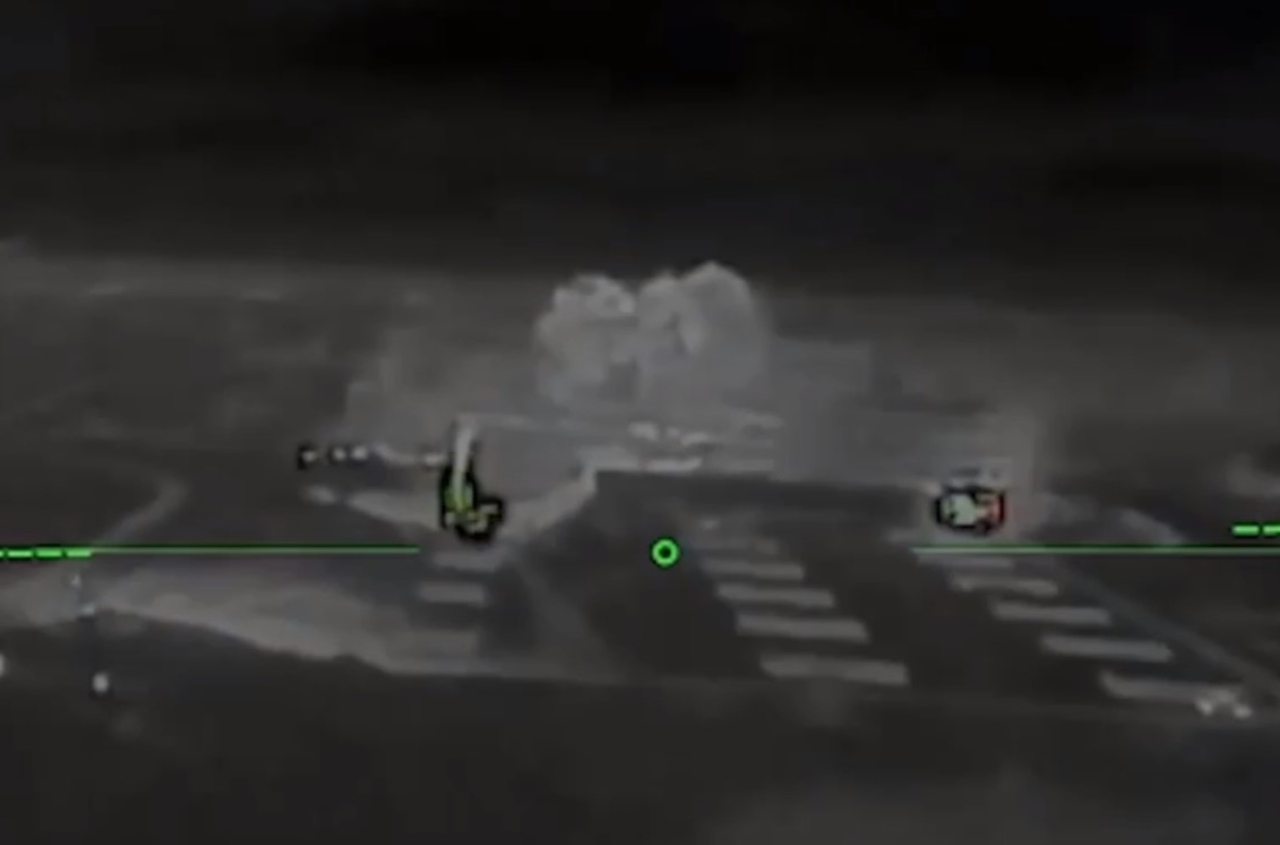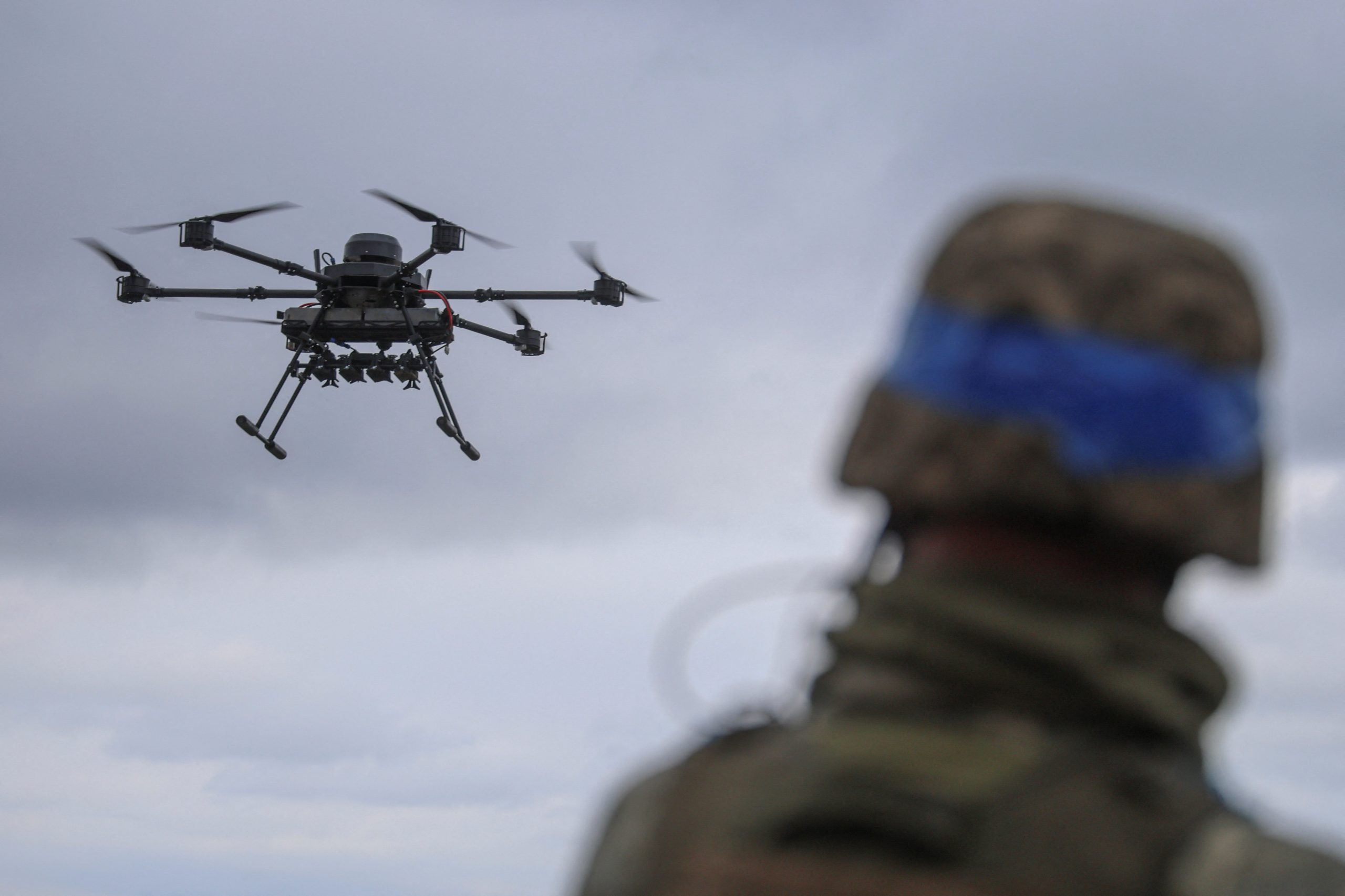Russia is actively working to reduce China's influence over North Korea, raising concerns about a potential broader geopolitical confrontation. By expanding cooperation with Pyongyang, particularly in the military sector, Moscow has given Kim Jong-un's regime a rare opportunity to assert its independence from Beijing. Russia's goal is clear: to gain access to North Korean labor at minimal cost, experts from the Robert Lansing Institute stated.
North Korea has 22 engineering brigades with extensive experience in building defensive structures. This summer, Putin invited three to four engineering groups from North Korea. In the North Korean ground forces, artillery is one of the most experienced branches, with a total of 30 artillery brigades in the army. However, discreetly relocating units and weapons is not possible. North Korea has four infantry corps stationed along the border with Russia and China, which could potentially be deployed to the rear of occupied territories or in the border zone to assist Russian troops. Between 10,000 and 20,000 North Koreans could potentially be transferred from North Korea to Russia, but the language barrier will pose challenges.
There is no doubt that North Korean soldiers could be involved in high-risk operations, such as so-called "meat grinder" offensives, where a large number of troops are sent into battle without proper cover, leading to significant losses. In this scenario, Moscow would not be responsible for the losses of its North Korean partners. Meanwhile, any escalation at the North-South Korean border is unlikely to prompt Russia to provide military support to Pyongyang. As a result, Russia becomes the sole beneficiary of the deal with North Korea.
By establishing closer ties with Pyongyang, Russia aims to extend its axis of resistance to the West into the Far East, increasing its influence over a state more inclined to confront the West than, for instance, Iran. In doing so, Russia weakens China's position in the region, effectively taking control of North Korea and denying Beijing the opportunity to use Kim Jong-un's regime as leverage against neighboring countries. This move strengthens the Kremlin's position in negotiations with the West, as it can modulate North Korea's aggression and prevent military conflict in the region.
If hostilities between North and South Korea were to resume, Russia is unlikely to intervene militarily on behalf of Pyongyang. After two years of war in Ukraine, Moscow has exhausted much of its military potential in the Eastern Military District. However, it is essential to note that Russia could be automatically drawn into a broader conflict, including with the U.S., given that the Korean War ended only in a ceasefire, not a peace treaty, and Washington has a mutual defense pact with Seoul.
Russia's current approach reflects that of Nazi Germany, which sought to form a military bloc to counter its opponents as it expanded its aggression. The emerging alliance between Moscow and Pyongyang now poses an increasing challenge to the West, according to the Robert Lansing Institute.
In these bilateral relations, North Korea is likely to dictate its terms. Pyongyang may request Russia's assistance in completing its nuclear program, as well as financial support potentially amounting to $10 billion. In doing so, Moscow once again undermines the global non-proliferation regime, as it did previously with Iran.
By providing troops to Russia, North Korea may gain more than just a degree of independence. Its military units could train in real combat conditions against Western military equipment, which may later be used against them in the event of a conflict on the Korean Peninsula. This experience, the first since the Korean War, will enhance the image of the North Korean armed forces and elevate its political standing in the region.




















